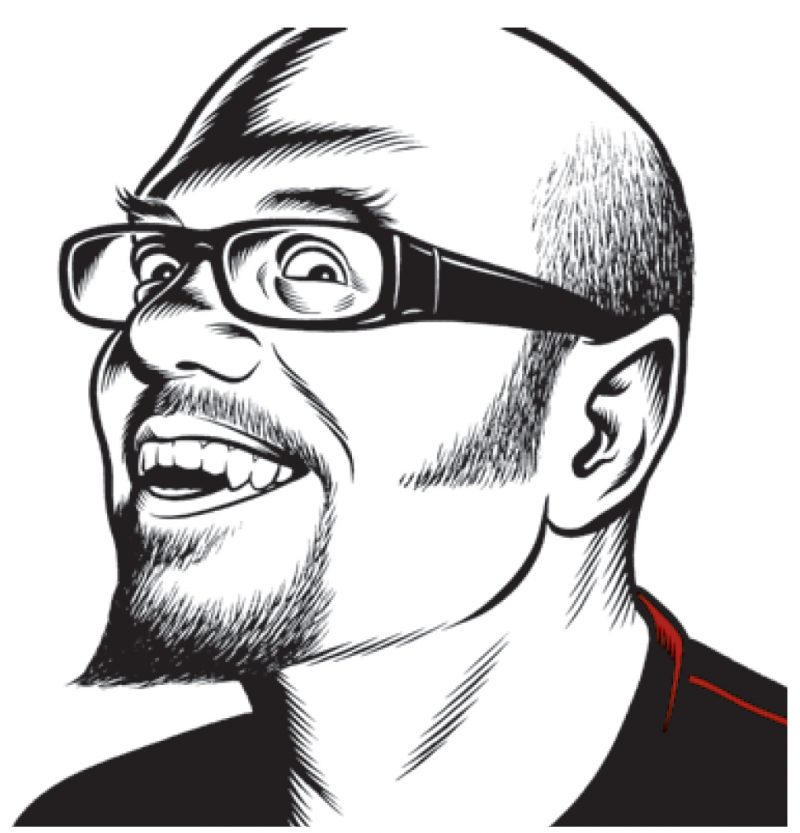I have complicated and conflicting feelings about David Cross’s work, which is appropriate, as he’s a complicated, difficult performer. As I told him when we met, I think he’s talented. He has a nimble mind, great timing, and a knack for absurd humor. However, his performances often seem driven by an anger and smugness that overpower his appeal, particularly in his stand-up. I was managing editor of New York Press when he released his second CD, It’s Not Funny, which was the prime reason for his inclusion on the paper’s “50 Most Loathsome New Yorkers” list. We called him “meandering” and “not funny,” and wished that Andrew Dice Clay would inflict bodily harm upon him. Even though some on the staff, including me, were inclined to agree with his liberal anger, we thought Cross’s tone was alienating and shrill.
In addition, Cross has waged public crusades against seeming straw men like Creed’s Scott Stapp, Jim Belushi, and Larry the Cable Guy. I’ve always been confounded by the attention Cross paid them.
You have reached your article limit
Sign up for a digital subscription and continue reading all new issues, plus our entire archives, for just $1.50/month.
Already a subscriber? Sign in





